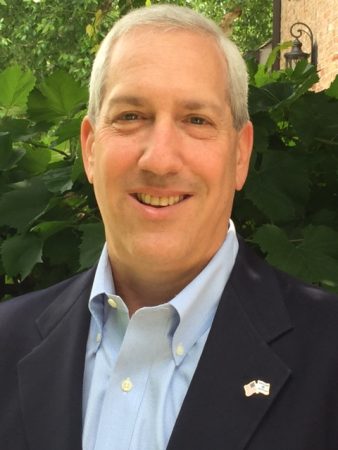Hate crimes in Sandy Springs that violate local laws will come with enhanced legal penalties and stronger police data collection after the City Council unanimously approved a new ordinance July 16.
The ordinance is a municipal version of laws that have been adopted at the federal level and in 45 states, but not yet in Georgia. Sandy Springs is one of the first local jurisdictions in Georgia to enact such an ordinance. The ordinance took effect immediately.
The resolution approving the ordinance says that “hate or bias-motivated crimes are more than acts of violence and destruction, they are attacks on the very values which are pillars of the city of Sandy Springs… [T]he Mayor and City Council of Sandy Springs hold that the diversity that exists within our community should be embraced, and that the city is more vibrant and stronger because of the diversity of our citizens.”
Proposed by City Councilmember Andy Bauman, the hate-crimes enhancement affects certain city ordinances related to public order, including vandalism; disorderly conduct; public urination and defecation; loitering and prowling; creating a disturbance; and littering. The increased penalties would come if a court ruled that the victim was targeted due to hate or bias based on “their actual or perceived race, color, creed, religion, ancestry, gender, sexual orientation, gender identity, or physical or mental disability, or national origin,” according to the ordinance’s language.
The accompanying resolution emphasizes that “hate speech” is not criminalized in the ordinance, only certain “criminal acts.”
The ordinance allows a judge to increase the fine or jail sentence up to the legal maximum, and to impose community service or a required educational program either in addition to such legal penalties or as replacements for them.
The ordinance also mandates that the Sandy Springs Police Department report hate crime data to the FBI.
Councilmember John Paulson asked whether the city ordinance would be superseded if the state passes a hate-crimes law.
“Not at all. This is in our wheelhouse,” Bauman said. “This will only apply to municipal crimes. The state law will apply to state crimes.”
Some nearby cities, including Dunwoody, recently instituted similar hate-crime reporting codes and a nondiscrimination ordinance that prohibits local, privately-owned businesses from discriminating against minority groups amid particular concerns about increased protections for people who are LGBTQ.
Bauman previously said he has been asked about working on a similar nondiscrimination ordinance in Sandy Springs, but he is focused on the hate crimes ordinance for now. He wants to see how the non-discrimination ordinances play out in other cities, he said.
–Hannah Greco and John Ruch

